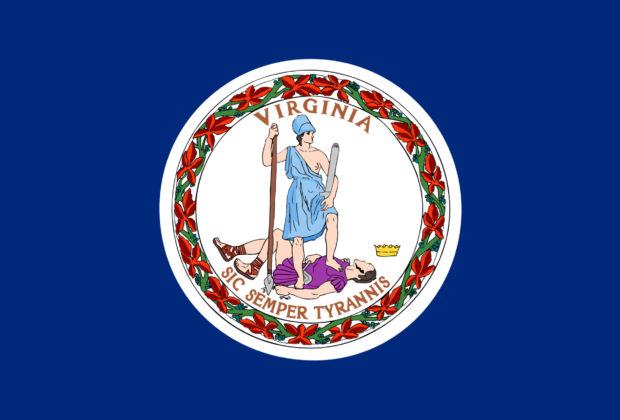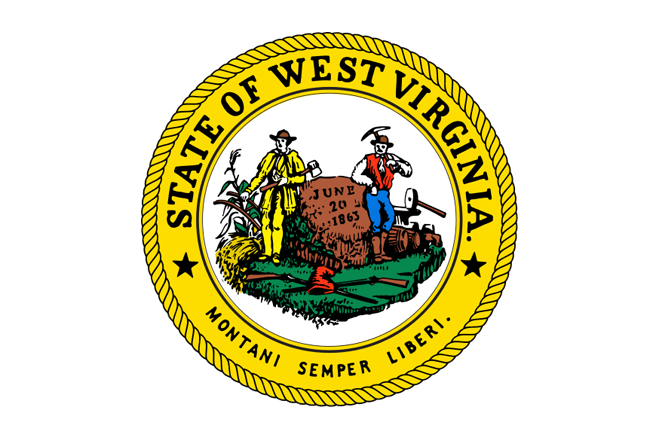Out-of-state cigar retailers who ship cigars to customers in Virginia are now required to include the state’s excise tax on cigars as part of the orders. However, because of a disagreement regarding the language in the laws, it seems that most retailers are not collecting the tax, for now.
Effective Jan. 1, the commonwealth is now requiring remote sellers to pay taxes on all orders shipped to customers in Virginia. That tax rate is 20 percent of the wholesale price, meaning that a cigar with an MSRP of $9.50 should be roughly $11.40 after normal industry mark-up. That price does not includes the sales tax.
The Virginia Department of Taxation says the measure applies to any company that meets the following criteria based on transactions done in Virginia:
- $100,000 in revenue, or
- 200 separate transactions.
However, there’s an issue regarding whether or not Virginia’s current laws would allow out-of-state sellers to register in Virginia. Because none of them have physical operations in Virginia, none of them have possession of untaxed product in Virginia. Furthermore, Virginia’s codes regarding distributors don’t seem to apply—or even allow—remote sellers to get a distributor’s permit.
Because remote sellers don’t have a way to register their businesses with Virginia, there is no channel for them to pay the state’s taxes.
The change would mean that catalog retailers will no longer have an inherent pricing advantage compared to the brick-and mortar retailers. Previously, catalog retailers could offer a cigar at MSRP to customers in Virginia with no requirements to pay the 20 percent tax, now they will likely need to have the tax added.
Perhaps the larger complication for the catalog retailers is that there’s no easy way for them to show the state specific taxes on their websites or catalogs. When a customer sees the prices in a magazine or on a website, they are going to see the price without the inclusion of the 20 percent tax.
Furthermore, unlike sales tax which customers are more accustomed to seeing and is added to the final price in a relatively easy to calculate method; the excise tax is almost always unrelated to the final sale price. Rather, it’s based on the price the retailer pays to buy the cigars from the manufacturer or distribution, a price that might fluctuate over time.
For a brick-and-mortar retailer with a physical store in Virginia, this process is quite easy. The retailer receives a shipment of products and pays the tax on that invoice. Because the catalog retailers don’t operate in Virginia, they aren’t paying the tax upon delivery, rather upon sale.
It gets even more complicated because of how states calculate the tax. For example: Virginia’s tax is calculated at 20 percent of the wholesale price; Texas’ tax is 1.1 cents per cigar; Iowa’s is 50 percent of the wholesale price but capped at no more than 50 cents per cigar; and Vermont’s tax is 92 percent of the wholesale price but capped at either $2 or $4 depending on the price of the cigar.
Retailers like Cigars International and JR Cigar have notices on their websites that customers in Maryland and Ohio are subject to excise taxes. Famous Smoke Shop—the largest independently-owned cigar retailer in the U.S.—does not appear to have notices. None of the three currently show anything about Virginia.



